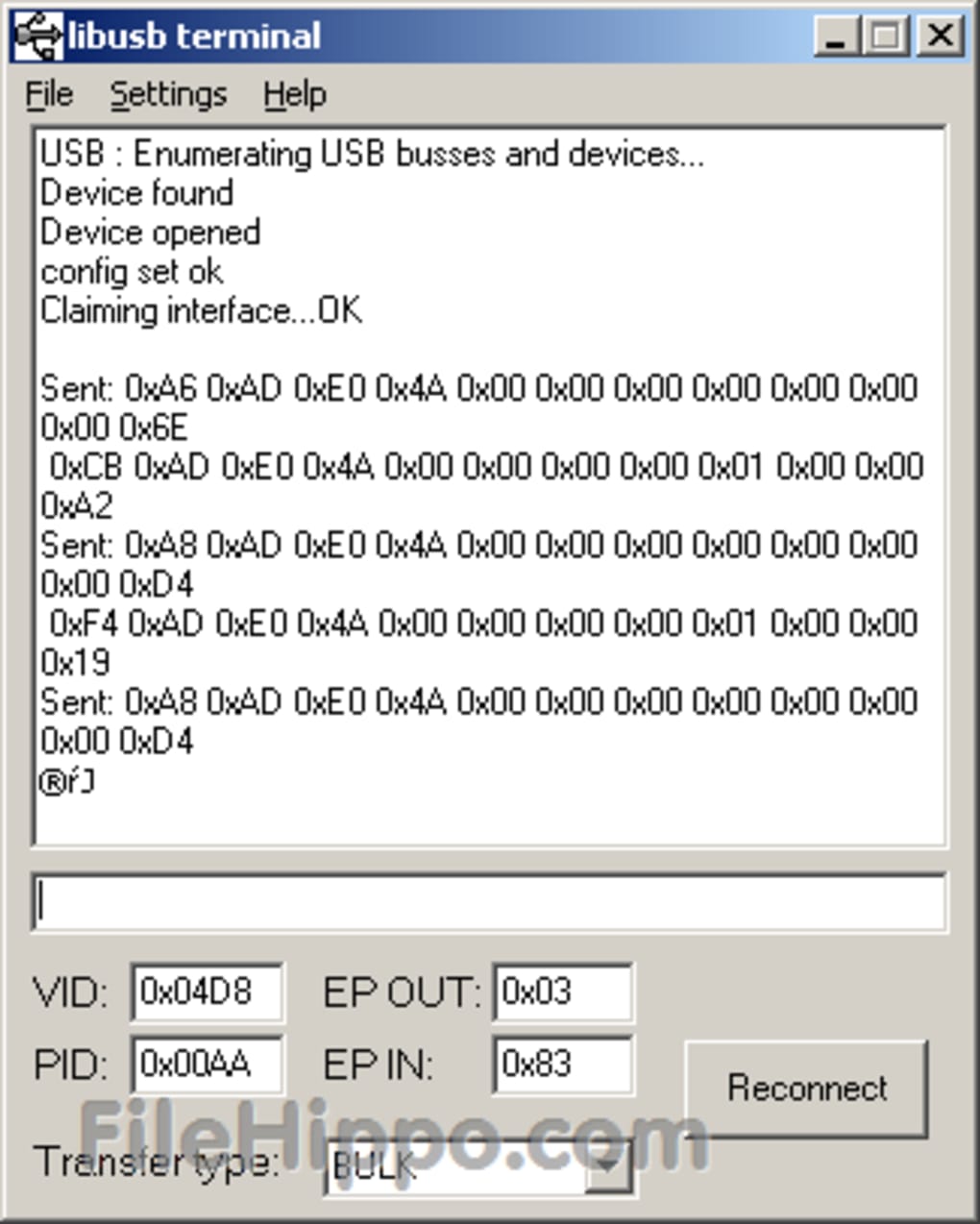Until now, I’ve always used the handy packages over at http://www.ellert.se/PKGS/libusb-2009-09-10/ to install libusb on the mac. But the new MacMini comes with Lion, and surprise: the 10.6 installer does not work on 10.7.
But the nice guys over at ellert.se include the sources with a build script that not only compiles libusb but also generates an installer package. So after waiting some hours for the newest XCode to download from the App Store to my fresh Lion install, it was as easy as to type
Mac OS X 10.4.8 and later compatible. GnuPG is linked with libusb and libusb-compat to provide smart card support and those are. Copy the libusb corresponding library file to this directory, because I am using the platform is MAC OS X, the corresponding library file should be the.dylib extension, we found in the directory under the Libusb source folder /libusb/.libs/ libusb-1.0.0.dylib and then copied to the directory just created. Note: If you want all libnfc hardware drivers, you will need to have libusb (library and headers) plus on.BSD and GNU/Linux systems, libpcsclite (library and headers). Under MacOSX, GNU/Linux,.BSD and probably a lot of POSIX systems you can compile development version using. Linux/libusb (using libusb-1.0) FreeBSD (using libusb-1.0) Mac (using IOHidManager) On Linux, either the hidraw or the libusb back-end can be used. There are tradeoffs, and the functionality supported is slightly different. Linux/hidraw (linux/hid.c). Libusb mac - ekk.fraubr.it.
./build.sh in the source directory (after adding a 10.7 option in the build script)
et voilà a working installer for Lion. Thanks guys!
For your convenience, you can download libusb 2009-09-10 for Lion here:
Overview
libusb is a C library that provides generic access to USB devices. It is intended to be used by developers to facilitate the production of applications that communicate with USB hardware.
It is portable: Using a single cross-platform API, it provides access to USB devices on Linux, macOS, Windows, etc.
It is user-mode: No special privilege or elevation is required for the application to communicate with a device.
It is version-agnostic: All versions of the USB protocol, from 1.0 to 3.1 (latest), are supported.
What platforms are supported?
Linux, macOS, Windows, Windows CE, Android, OpenBSD/NetBSD, Haiku, Solaris.


Sounds good! How do I get started?
If you are using Linux, chances are your distribution already includes libusb, so you probably just need to reference the libusb header in your source.
For other platforms, or if you want to use the very latest, you are encouraged to recompile from source. Please check the Downloads menu.

If you prefer, you can also access the source directly from github.

Libusb 1.0 Download
Once you have secured your access to the library and its header, please check the libusb API or the libusb samples.
What happened to the old site?
The old site (.org) is now obsolete, please use libusb.info.
All of the current libusb development team has moved to libusb.info. All app for android free download.
Libusb Download Windows 10
Download Libusb Mac
For additional information, please consult the FAQ or the Wiki.
